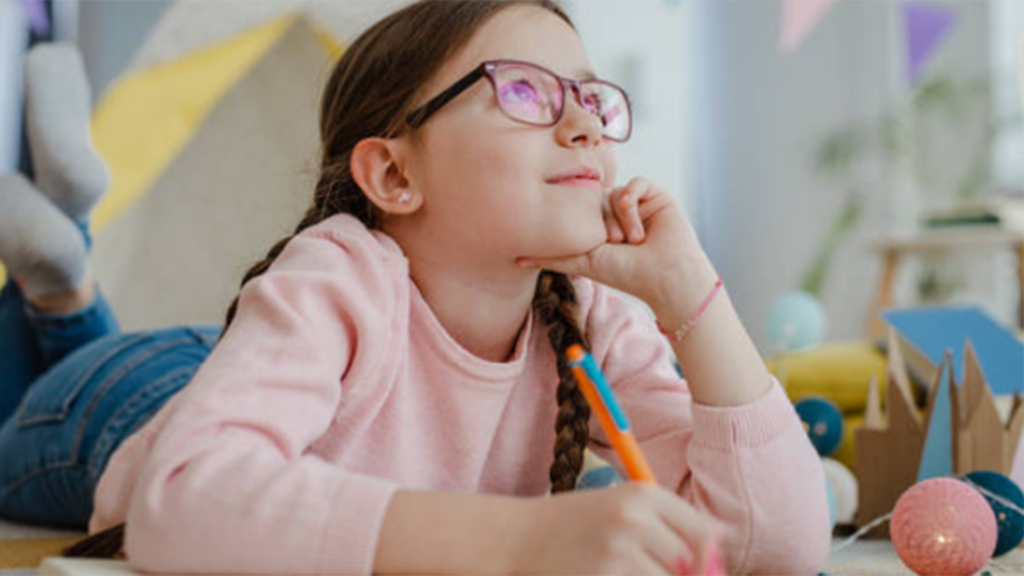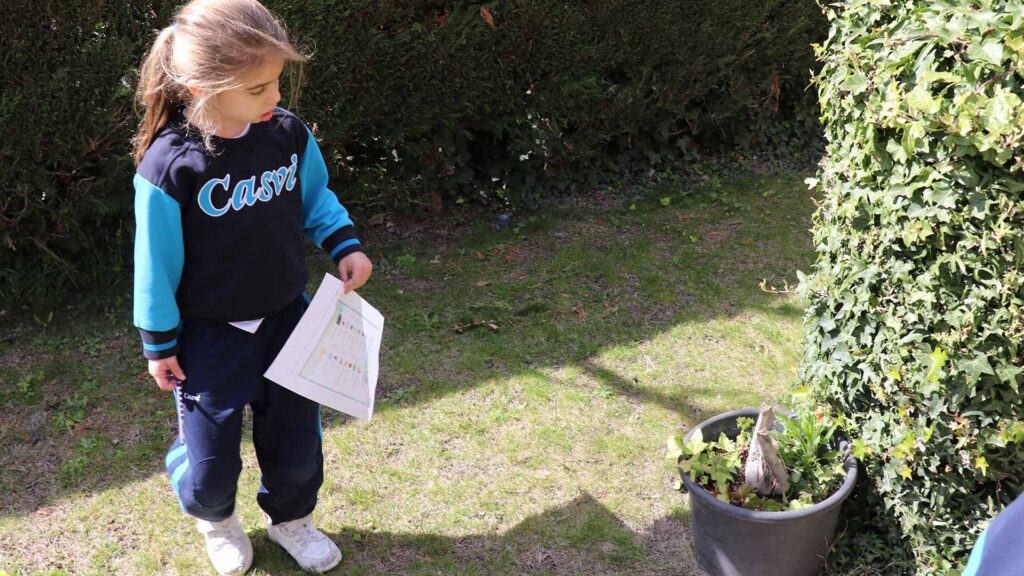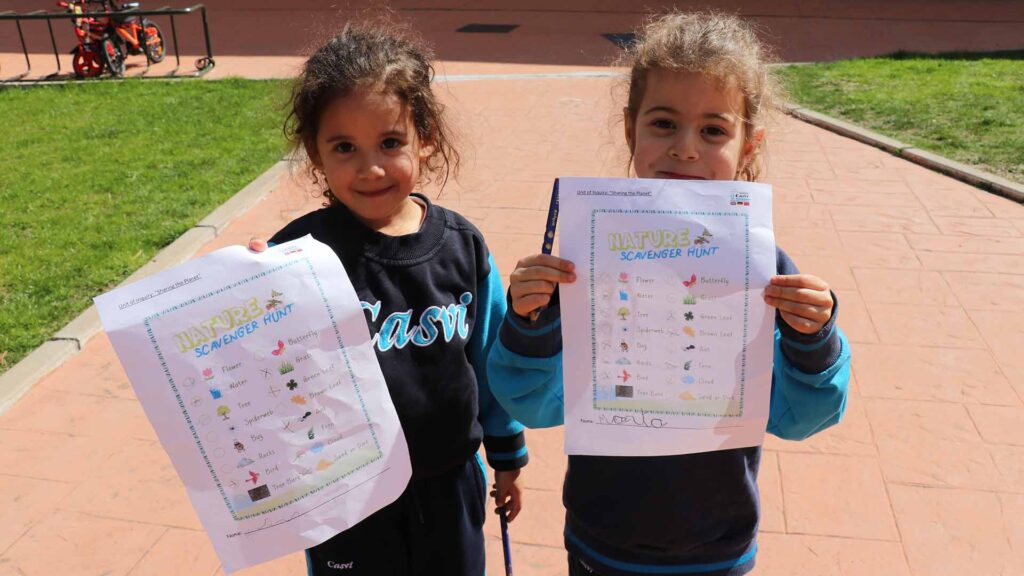Curiosity is the engine of learning. It encourages children to explore, question, discover and understand the world around them. But how can families and educators nurture this powerful tool from the earliest years of life? In this article, we explore the importance of nurturing children’s curiosity and offer practical strategies based on the educational experience of Colegio Privado Internacional Eurocolegio Casvi.
CURIOSITY THAT FADES WITH TIME
Many children, at the beginning of their education, show a natural enthusiasm for learning. However, over time, this enthusiasm can be reduced for a number of reasons: the rigidity of the environment, lack of appropriate stimuli or an excess of closed responses. Parents and teachers, with concern, ask themselves questions such as: Why does he stop asking questions? How do I restore his interest in discovery?

WHEN IS THE WHY LOST?

Losing curiosity not only limits the capacity for wonder, it also directly affects a child’s academic performance and autonomy. What role does curiosity play in problem solving? According to a study by the University of California (2021), children who keep their curiosity active are better able to seek creative solutions, work in teams and persist in the face of difficulty. Also, what is the relationship between curiosity and learning? It has been proven that when a child is curious, the brain releases dopamine, improving memory and meaningful learning.
HOW CAN CURIOSITY BE FOSTERED IN CHILDREN?
It is easy to answer the question of how to encourage children’s curiosity. The good news is that curiosity is not lost, it is trained. These strategies, based on current pedagogical approaches and the experience of the International Baccalaureate, make it possible to reinforce it at home and at school.

1. EXPERIENTIAL LEARNING
Encouraging sensory experiences, outdoor activities and hands-on projects helps connect learning to reality. Exploring the environment turns every trip to the park or walk in the garden into an opportunity for discovery.
2. ENCOURAGE OPEN QUESTIONS
Instead of just “What did you learn today?”, ask “What surprised you? “How would you solve it?” Or, “What if…?” Stimulates reflection and allows the child to construct their own knowledge.
3. VALUING ERROR AS PART OF LEARNING
Instead of simply asking “what did you learn today?”, ask “what surprised you?”, “how would you solve it?” or “what if?” All these questions stimulate reflection and allow the child to construct his or her own knowledge.
4. MODELLING CURIOSITY AS ADULTS
When children see that adults also ask questions, do research or show enthusiasm for learning something new, they naturally imitate this. Parents learn too, and that makes them role models.
5. VARY THE STIMULI
Exposing children to books, museums, music, languages or educational games allows them to discover new interests. Changing environments or dynamics can also renew their motivation and activate their divergent thinking.
6. INTEGRATING CURIOSITY IN THE CLASSROOM
What impact does curiosity have on cognitive development? According to neuropsychologist Silvia Bunge (Stanford University), curious children develop better memory, attention and abstract reasoning skills. For this reason, many schools are opting for active methodologies that place curiosity at the centre of the educational process.
THE CASVI VILLAVICIOSA MODEL AS A REAL-LIFE EXAMPLE
At Casvi Villaviciosa International Private School, curiosity is a key competence that is cultivated from the earliest years. Through the Inquiry Units of the Primary School Programme (PYP), – IB- pupils not only learn content. They also construct questions, investigate, experiment and reflect on the world.
For example, in the recent unit “How do we share the planet?”, children investigate natural elements of the environment, developing observation, critical thinking and respect for the environment. These real-life experiences allow them to find answers for themselves, discover new questions and stay motivated to keep learning.
“I think that if we lose curiosity there is nothing; there is no reflection and therefore no knowledge and no possibility of knowing”.


Curiosity is not a luxury, it is a necessity for a child’s holistic development. Knowing how to foster curiosity in children is to ensure that they grow up with confidence, critical thinking and a desire to learn throughout their lives. At Casvi Villaviciosa and thanks to its IB educational model, we make this possible every day.
Do you want to find out how we encourage curiosity in our school? Click here and learn about our inquiry-based methodology.

